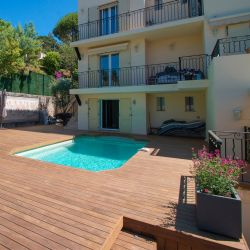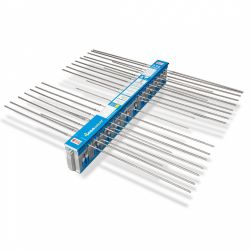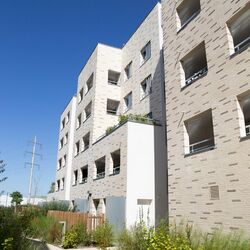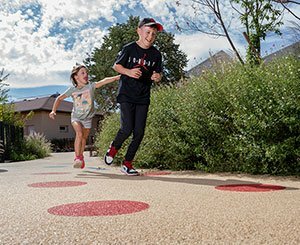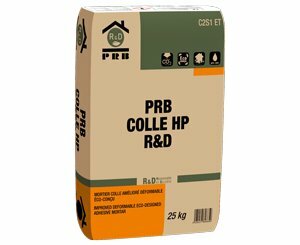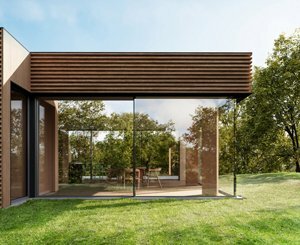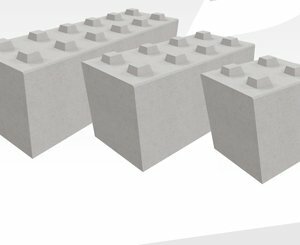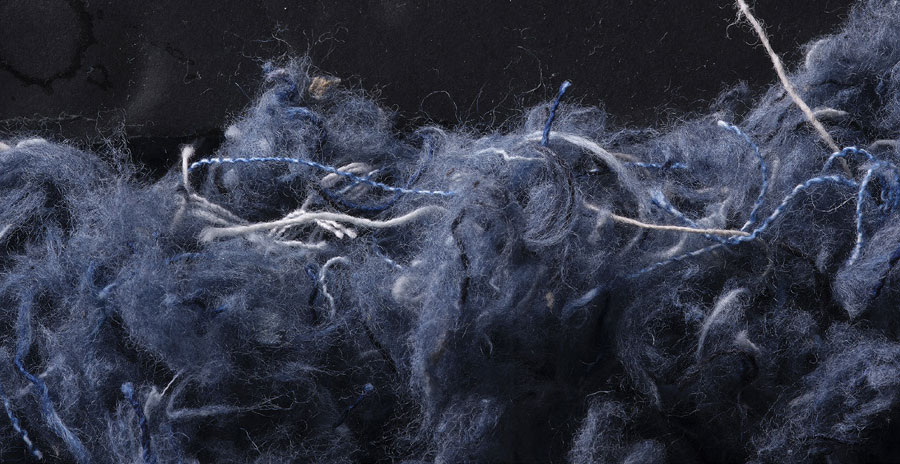
Beyond its historical know-how in glass wool and rock wool, ISOVER is a pioneering brand in the market for biosourced insulation. Since the launch of its first ranges nearly 20 years ago, the brand has been working to professionalize this market segment by offering its customers the guarantee of high-performance, certified products and systems with a more virtuous life cycle.
The climate emergency today encourages the circular economy and better insulation of buildings for more comfort and less CO2 emissions. ISOVER, a French player in insulation, has been developing and marketing for many years insulation made from recycled raw materials or production scrap from other industries. Thus, its glass wool contains up to 80% recycled glass and its wood fiber insulation comes from sawmill offcuts supplied locally.
It is therefore natural today for ISOVER to present Isocoton, a high-performance biosourced insulation, made from locally recycled textiles, ultra soft to the touch, comfortable to install and 100% made in France.
A launch that completes the wide range of ISOVER insulation and provides a new responsible alternative for the interior insulation of buildings.
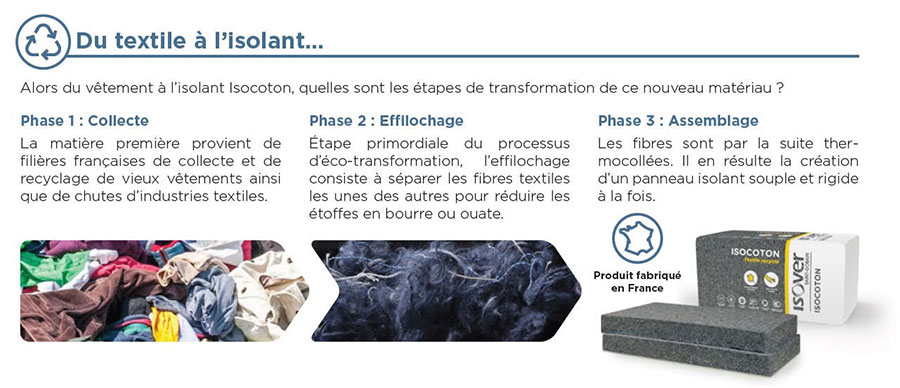
Many benefits for people and the environment
Isocoton is a material that meets the challenges of the circular economy and the major trends in responsible consumption. This is a new alternative to other insulating materials marketed by ISOVER (glass wool, rock wool, wood fiber, XPS, PSE). Isocoton reinforces the strategy of developing multi-material insulation solutions, each of these materials responding to the specific issues and problems of its customers and users.
Isocoton, like the textiles we wear, aims to protect the house durably against cold and heat. A common sense choice to improve the comfort of French households.
Comfort and well-being all year round, summer and winter
Isocoton brings, through its thermal properties, a great comfort to the occupants of the buildings all the year. In summer as in winter. In addition to being a good insulation against the cold, Isocoton helps to fight against the heat in summer and to keep the night cool during the heat waves. Its health labeling (A+) actively contributes to maintaining the air quality of the home.
The thermal performance of Isocoton reaches an insulating power (lambda λ) of 37 mW/mK, which positions it among the most efficient biosourced insulators on the market.
Certified high performance
Isocoton is under ACERMI certification (Association for the Certification of insulating materials, ACERMI no. 21/018/1558).
It is the only one to come in 5 thicknesses of 40 mm / 100 mm / 120 mm / 140 mm / 200 mm to effectively meet all needs and all applications in interior insulation: partitions, walls, lost or fitted attics, ceilings .
On the acoustic side, Isocoton reduces the propagation of noise thanks to its fibrous texture which makes it an excellent acoustic insulator. Its performance is equivalent to that of Par Phonic glass wool or that of Isonat flexible wood fiber insulation, particularly for distributive partitions (RA = 38 dB for a 72/48 partition with a BA 13 plate and Isocoton 40mm).
Isocoton benefits from a reaction to fire under ACERMI as well as fire extensions with all Placo® plasterboard systems, in partitions, against partitions and ceilings, ensuring for collective housing and Establishments Receiving the Public, the serenity and safety of the occupants.
A biosourced and recycled product for optimized resource management
Isocoton allows the recovery of clothing destined for scrap and fabric scraps from the textile industry. By transforming this material into insulation, ISOVER helps to develop a raw material available in very large quantities, into a product with high added value for the thermal efficiency of buildings and the comfort of occupants.
This biosourced insulation solution is in line with the requirements of RE 2020.
At the same time, this transformation by dry process, 100% carried out in France, reduces the impact of its production on the environment by greatly limiting its water consumption.

Unequaled fitting comfort
Extreme softness
Major benefit for the fitter, Isocoton is a soft and fluffy product, pleasant to fit.
A featherweight
Isocoton, by its lightness, offers more comfort to the installers both in its installation and during handling on the construction sites.
Easy implementation
Light, flexible and semi-rigid (from 100 mm), the panels slip easily into hard-to-reach spaces, between rafters in particular or behind furring strips, allowing optimal caulking. They also regain their shape thanks to their high conformability and thus perfectly fit the structure, including on irregular supports.
Isocoton is compatible with Optima systems (in walls) and Vario® Comfort membranes from ISOVER.
Finally, the implementation of Isocoton panels is subject to technical advice, for a serene and insurable installation:
- DTA n° 20/19-439_V2_E1 for the application of walls and partitions
- DTA n° 20/19-440_V2_E1 for the attic application
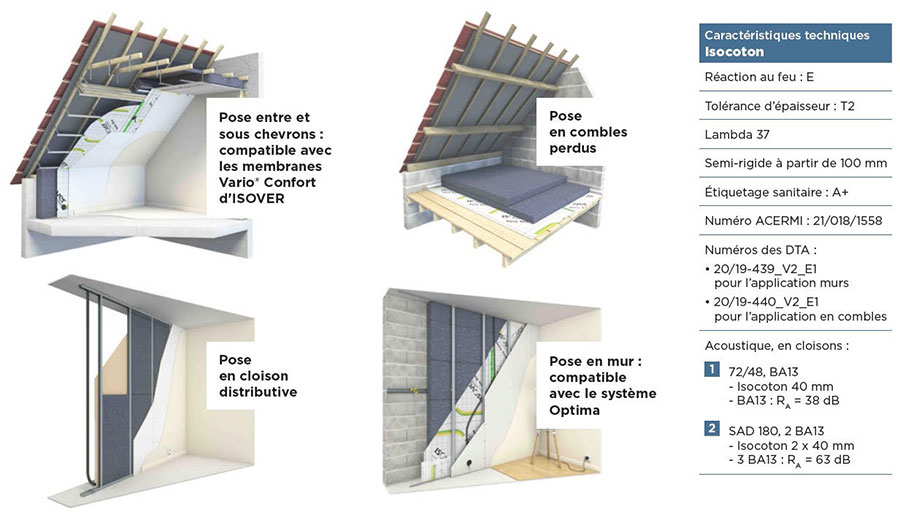
Isocoton joins forces with Placo® to offer partition, counter-partition and ceiling systems
Listening to developments and needs, ISOVER also offers an Isocoton solution with Placo®, the French leader in interior comfort, thus pooling their expertise.
With more than 30 PV and fire and acoustic extensions to validate a very large number of configurations, these systems meet the growing demand for bio-sourced partitions and counter-partitions in masonry walls in establishments open to the public such as healthcare facilities. , teaching, or in collective housing.
These systems combine the performance and benefits of Isocoton with the multiple technical qualities of the wide range of Placo® plasterboard.
More than 30 PV and extensions validated
These solutions make it possible to achieve fire requirements EI30 to EI120 in partitions, and EI45 to EI120 in inner partitions.
In terms of acoustic comfort, they offer the advantages of insulation combined with that of the plate, thus providing significant acoustic comfort.
Isocoton is compatible with financial aid
In order to improve the insulation of housing, reduce heating bills and help avoid CO₂ emissions, financial aid exists for renovation.
Isocoton is eligible for renovation aid depending on thicknesses and applications.
This concerns, among other things, MaPrimeRénov', the zero-rate Eco-loan (Eco-PTZ), the CEE or even the 5,5% VAT for energy renovation work.
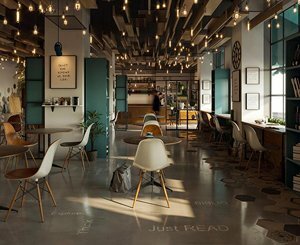 Weberfloor waxed concrete: new trowelled decorative system for floors and walls
Weberfloor waxed concrete: new trowelled decorative system for floors and walls
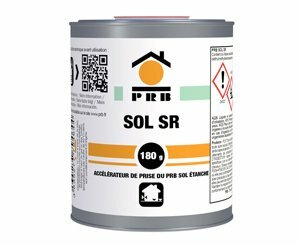 PRB Sol liquid waterproofing system
PRB Sol liquid waterproofing system
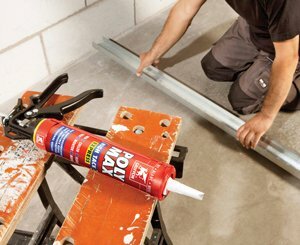 Renovate without drilling with Poly Max High Tack Express
Renovate without drilling with Poly Max High Tack Express
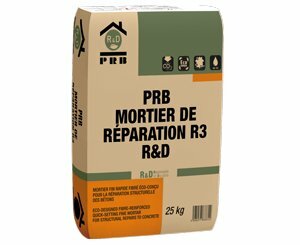 R&D PRB range: R3 R&D repair mortar
R&D PRB range: R3 R&D repair mortar
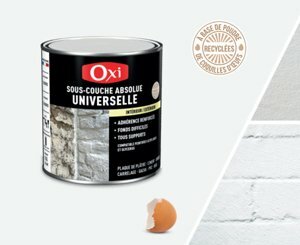 Bio-sourced painting with eggshell powder
Bio-sourced painting with eggshell powder
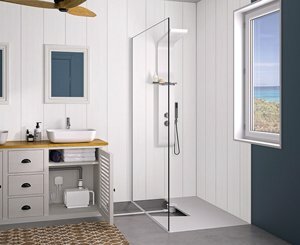 Kinefloor +: the suction lifting pump to easily install a Kinedo receiver on the ground floor
Kinefloor +: the suction lifting pump to easily install a Kinedo receiver on the ground floor
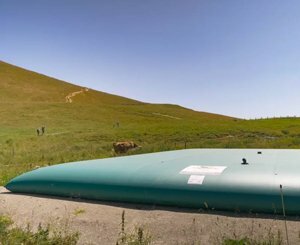 Labaronne-Citaf continues to innovate with the world's first self-supporting flexible tank of 2.500 m3 and the creation of an IOT connected sensor
Labaronne-Citaf continues to innovate with the world's first self-supporting flexible tank of 2.500 m3 and the creation of an IOT connected sensor
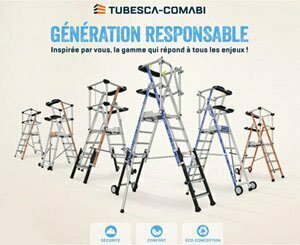 A new eco-designed PIRL range combining safety and comfort
A new eco-designed PIRL range combining safety and comfort
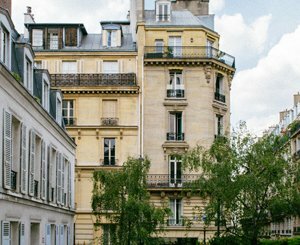 Old property prices are still falling but a recovery is taking shape
Old property prices are still falling but a recovery is taking shape
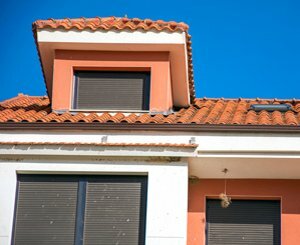 A report on anticipating the effects of +4°C warming reaffirms the need for housing adaptation
A report on anticipating the effects of +4°C warming reaffirms the need for housing adaptation
 AI is already revolutionizing businesses in architecture, engineering, construction... according to Autodesk's "State of Design & Make" study
AI is already revolutionizing businesses in architecture, engineering, construction... according to Autodesk's "State of Design & Make" study
 The slowdown in the decline in mortgage rates continues
The slowdown in the decline in mortgage rates continues






